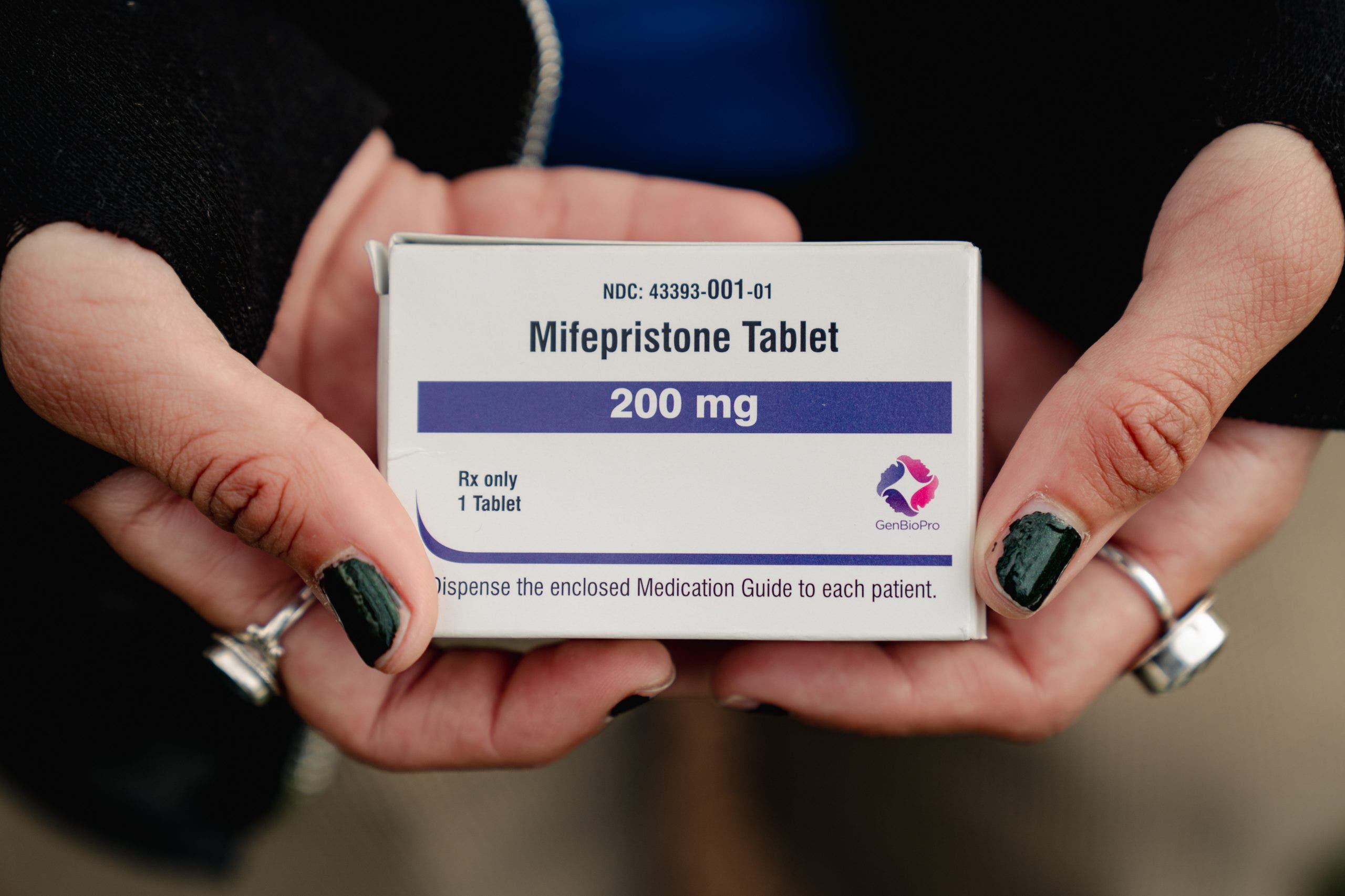Doctors respond to growing sentiment that abortion pill mifepristone is safe

Pro-choice lawmakers, doctors, and advocates have been vocal about the safety and availability of the abortion pill mifepristone, arguing that it should be widely accessible without stringent restrictions. Even some GOP lawmakers have expressed support for maintaining women’s access to the pill, which has become more readily available in recent years. However, President Donald Trump has yet to take a definitive stance on the issue, leaving many wondering about the future of mifepristone regulation.
Dr. Christina Francis, CEO of the American Association of Pro-Life OBGYNs, highlighted the recent deaths of Amber Thurman and Candi Miller, stating that these tragic incidents were a result of the risks associated with mifepristone. She emphasized the importance of acknowledging these risks and ensuring that women receive proper medical care when undergoing drug-induced abortions.
The initial FDA approval of mifepristone in 2000 included strict safeguards such as in-person dispensing and limited gestational time frames. However, over time, these restrictions were relaxed, allowing for remote consultations and self-reporting of pregnancy stages. This shift has raised concerns among pro-life advocates like Dr. Francis and Dr. William Lile, who stress the importance of in-person evaluations to confirm gestational age and rule out potentially life-threatening conditions like ectopic pregnancies.
The removal of in-person visits has led to an increase in complications, with some women mistaking symptoms of ectopic pregnancies for side effects of mifepristone. Dr. Francis noted that mifepristone can also lead to retained tissue and atypical sepsis, underscoring the need for comprehensive follow-up care and oversight for women using the drug.
Pro-choice advocates, on the other hand, argue that mifepristone is safe and effective, citing numerous studies that support its use for abortion and miscarriage care. Autumn Katz from the Center for Reproductive Rights debunked claims against mifepristone, pointing to its long history of safe usage and effectiveness in ending early pregnancies and treating miscarriages.
While some emergency room doctors use mifepristone for miscarriage treatment, Dr. Lile and Dr. Francis maintain that in-person evaluations are essential for accurate diagnosis and care. They advocate for reinstating stricter regulations to ensure women’s safety and well-being when using mifepristone.
In conclusion, the debate over mifepristone continues to be contentious, with pro-choice and pro-life advocates presenting contrasting viewpoints on its safety and accessibility. As discussions around mifepristone regulation continue, the focus remains on prioritizing women’s health and ensuring that they receive the best possible care when considering drug-induced abortions.




